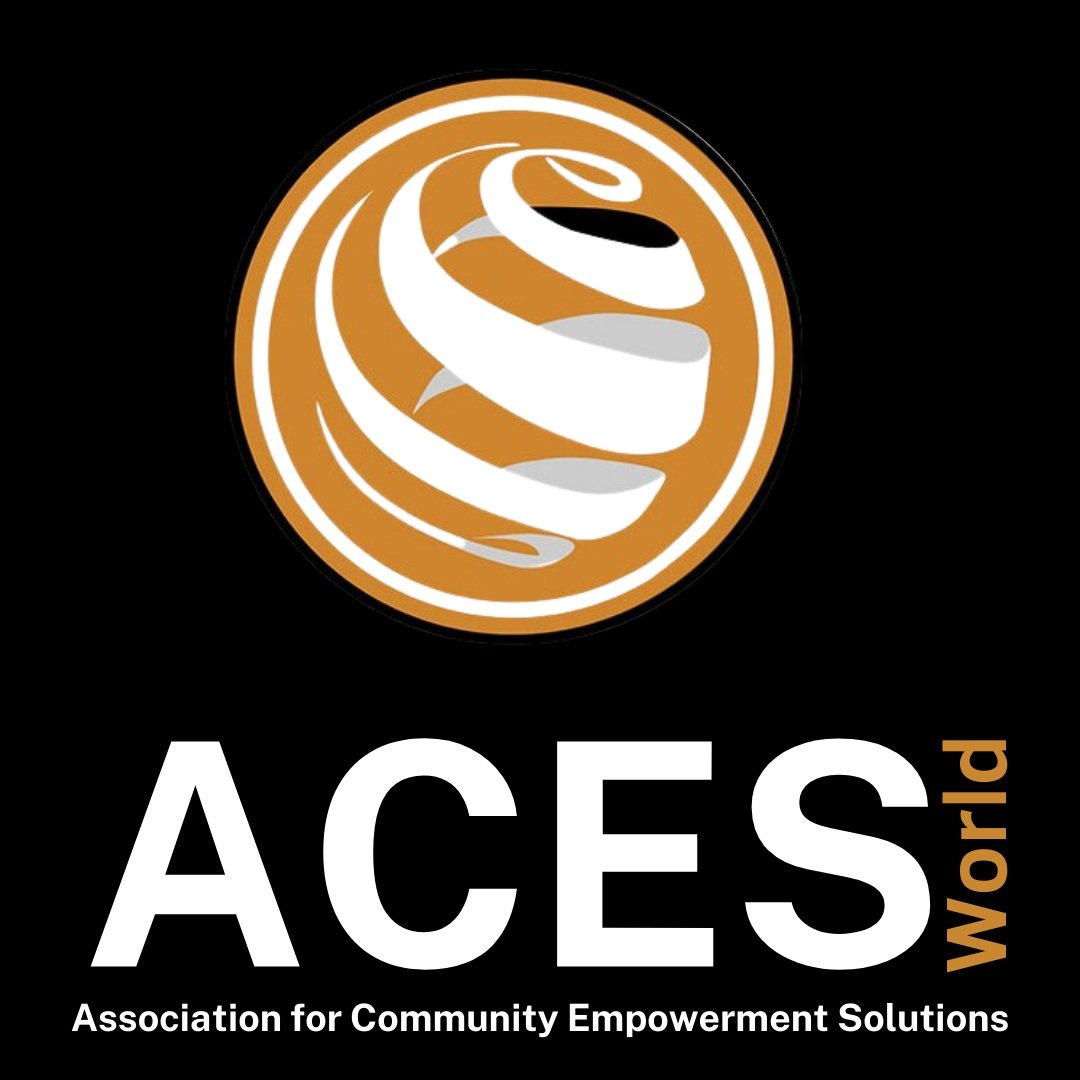Menstruation: A Barrier to Education
Many girls around the world reach the age of menarche when they are twelve years old. In some cultures, this is a time to celebrate. However, in other cultures, menstruation has a negative connotation and brings forth barriers that force nearly 100 million girls worldwide to miss school (Phineas, n.d.).
This is because depending on where you live menstrual products may not be available nearby. For example, in Uganda, menstrual products are typically sold in towns and not in rural areas (Kampala, 2014). In lieu of menstrual products, some Ugandan women may a cloth called a kitenge or a cloth nappy used by their younger siblings. During an emergency, some girls event reported using dry leaves (Kampala, 2014).
Girls that are fortunate enough to live near a town selling menstrual products may not be able to purchase them because they can be prohibitively expensive. A study in Kenya found that when women are faced with these circumstances, some may begin to rely on transactional sex so that they can earn the funds to purchase menstrual products. This not only marginalizes and endangers girls but also threatens their health as it can increase the risk of unwanted pregnancy as well as HIV and other sexually transmitted infections (Fighting Menstruation Myths Keeps Girls in School., 2019).
Girls that have menstrual supplies may still be forced to miss multiple days of school each term if their institution does not provide them with access to adequate washrooms. This is a common problem many girls face as nearly half of the schools in low-income countries lack adequate washrooms. This is crucial for girls who are trying to manage their health and hygiene while menstruating (Fighting Menstruation Myths Keeps Girls in School, 2019).
These barriers often result in girls dropping out of school when they reach puberty (Kottasová, 2018). Girls who drop out of school are more likely to face “ostracism, mistreatment, early marriage, poverty and health problems” (Fighting Menstruation Myths Keeps Girls in School, 2019) Studies have shown that “keeping girls in school is not only important for their own health and well-being, but for the success of the entire community. When a girl finishes secondary school, she is less likely to experience child marriage, face domestic abuse, and suffer from long-term health complications. As a result, educated women and girls are more likely to have fewer, healthier children, who are then, in turn, more likely to get an education and pull themselves out of poverty”. (Phineas, n.d.)
Help keep girls in school by donating to ACESWorld today! Our Pads for Learning program will provide girls with menstrual hygiene management education and menstrual cups. Menstrual cups are environmentally friendly, save money, and need to be changed less frequently. Donating to ACESWorld can help keep girls in school and break the cycle of poverty.
Citations
Fighting Menstruation Myths Keeps Girls in School. (2019, February 25). Retrieved from https://www.unicefusa.org/stories/fighting-menstruation-myths-keeps-girls-school/34921
Kampala, D. E. (2014, May 28). A bleeding shame: Why is menstruation still holding girls back? Retrieved from https://www.theguardian.com/global-development-professionals-network/2014/may/28/menstruation-girls-education-uganda-sanitation
Kottasová, I. (2018, October 03). When pads are a luxury, getting your period means missing out on life. Retrieved from https://www.cnn.com/2018/10/03/health/tanzania-period-poverty-asequals-africa-intl/index.html
PhineasJFR. (n.d.). Why Periods Are Keeping Girls Out of School - and How You Can Help. Retrieved from https://www.globalcitizen.org/en/content/menstrual-hygiene-day-education/
